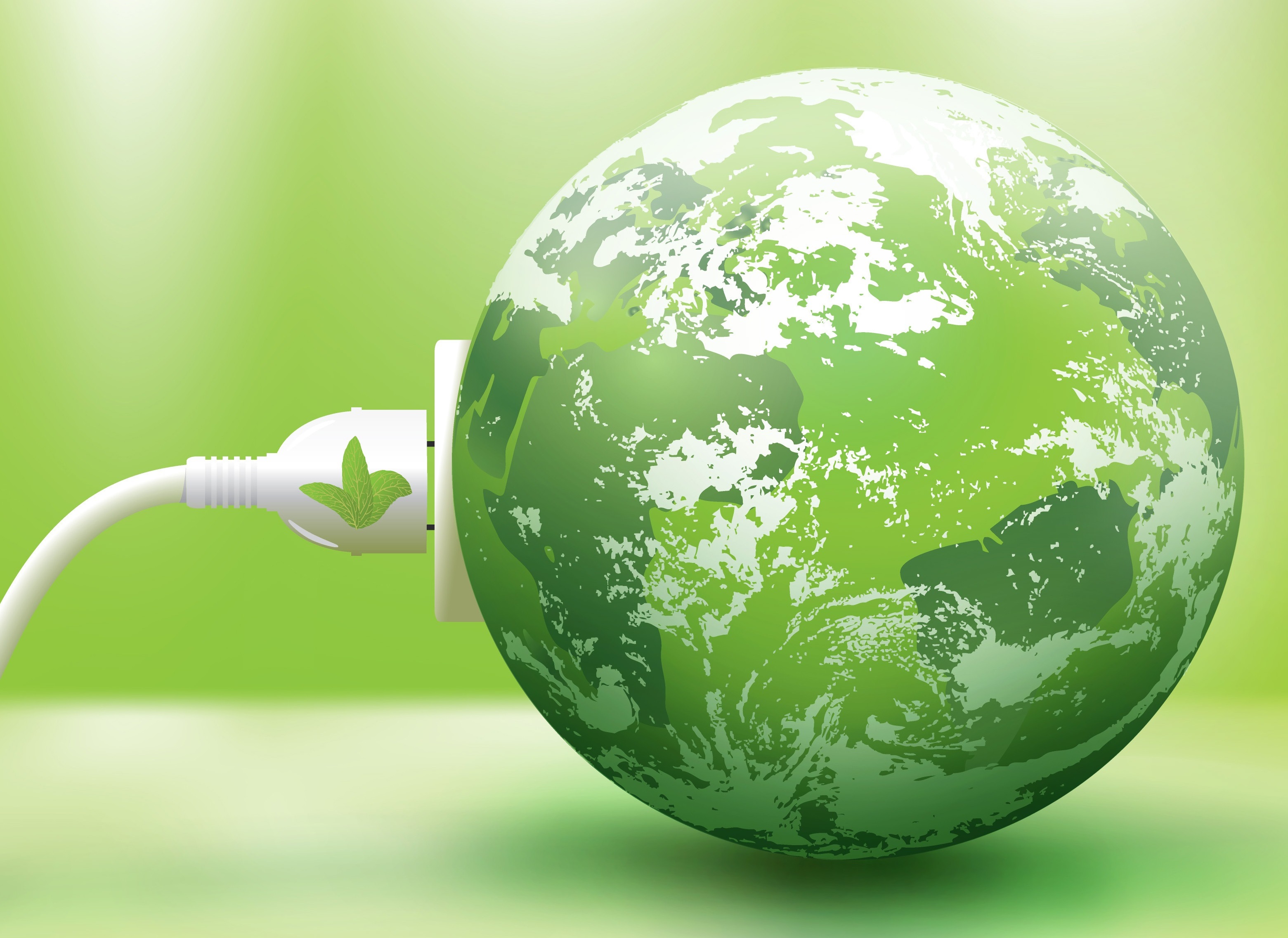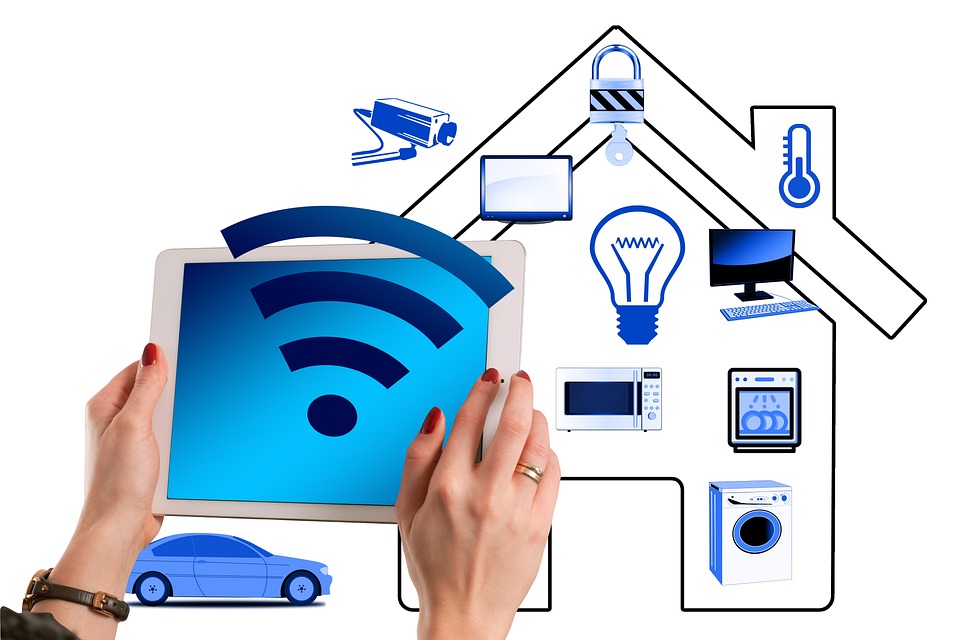Unlocking Sustainability: The Power of Energy Efficiency in Modern Living
In an era where environmental consciousness is paramount, energy efficiency has emerged as a key player in the quest for sustainable living. This comprehensive guide explores the importance of energy efficiency, its impact on the environment and personal finances, and practical strategies for adopting an energy-efficient lifestyle.
The Significance of Energy Efficiency
Energy efficiency is the measure of how effectively a system or device converts input energy into useful output while minimizing waste. The significance of energy efficiency extends across various sectors, including residential, commercial, and industrial, contributing to a more sustainable and eco-friendly future.
Greening Our Footprint: How Energy Efficiency Benefits the Environment
1. Reduced Greenhouse Gas Emissions
Energy efficiency initiatives play a crucial role in mitigating climate change by reducing the demand for energy production, which often involves the burning of fossil fuels and contributes to greenhouse gas emissions.
2. Conservation of Resources
Energy efficiency helps conserve natural resources by decreasing the overall demand for energy. This, in turn, reduces the need for extracting and processing finite resources, such as coal, oil, and natural gas.
The Economic Benefits
1. Lower Energy Bills
One of the most direct economic benefits of energy efficiency is lower energy bills. Energy-efficient appliances, lighting, and insulation reduce overall energy consumption, resulting in significant cost savings for homeowners and businesses alike.
2. Job Creation and Economic Growth
The transition to a more energy-efficient economy creates jobs in sectors such as renewable energy, energy efficiency consulting, and green construction, contributing to economic growth and stability.
Strategies for Achieving Energy Efficiency
1. Energy-Efficient Lighting
Switching to LED bulbs, which consume significantly less energy and last longer than traditional incandescent bulbs, is a simple yet impactful step toward energy efficiency.
2. Smart Home Technologies
Investing in smart home technologies, including smart thermostats, energy-efficient appliances, and home automation systems, allows for better control over energy usage and reduces wasteful consumption.
3. Home Insulation and Sealing
Proper insulation and sealing gaps and leaks in a home contribute to better temperature control, reducing the need for excessive heating or cooling and promoting energy efficiency.
Energy Efficiency in Different Sectors
1. Residential Sector
In residential settings, adopting energy-efficient practices includes using energy-efficient appliances, improving insulation, and implementing smart home technologies to optimize energy consumption.
2. Commercial Buildings
Energy-efficient design and practices in commercial buildings involve using energy-efficient lighting, heating, and cooling systems, as well as integrating renewable energy sources like solar panels.
3. Industrial Sector
In industries, energy efficiency measures may include upgrading equipment, optimizing processes, and incorporating energy management systems to reduce energy waste and enhance overall efficiency.
Embracing Renewable Energy
1. Solar Energy
Solar panels are a prominent example of harnessing renewable energy. Solar power systems convert sunlight into electricity, providing a sustainable and clean alternative to traditional energy sources.
2. Wind Energy
Wind turbines capture the kinetic energy of the wind and convert it into electricity. Wind energy is a rapidly growing source of renewable power that contributes to energy efficiency and sustainability.
Conclusion
Energy efficiency is a cornerstone of sustainable living, offering environmental benefits, economic advantages, and practical solutions for individuals and industries alike. From simple changes in lighting and home design to the integration of advanced technologies and renewable energy sources, the path to a more energy-efficient future is diverse and accessible. By understanding the significance of energy efficiency and implementing practical strategies in our daily lives, we can collectively contribute to a greener and more sustainable world.




